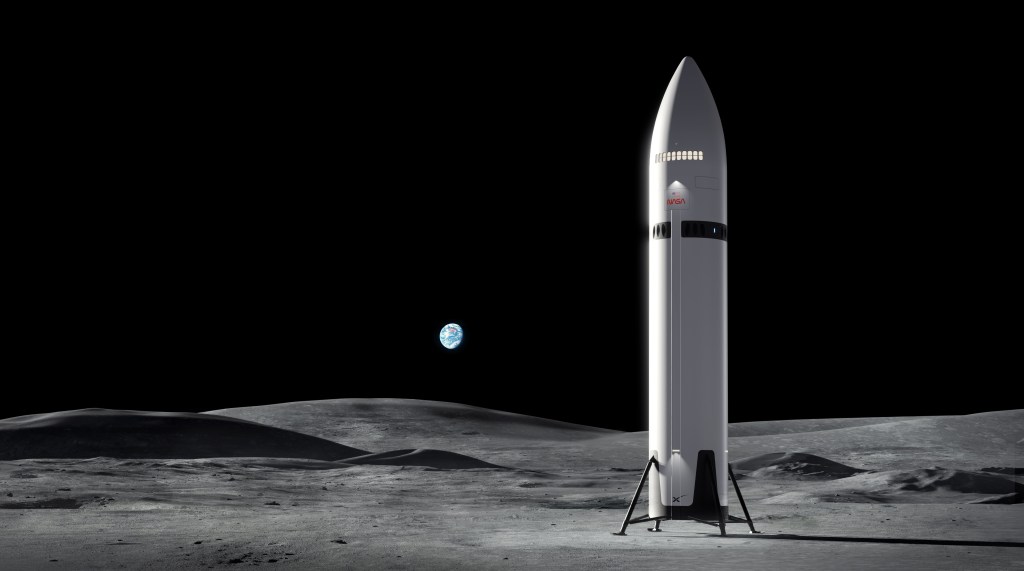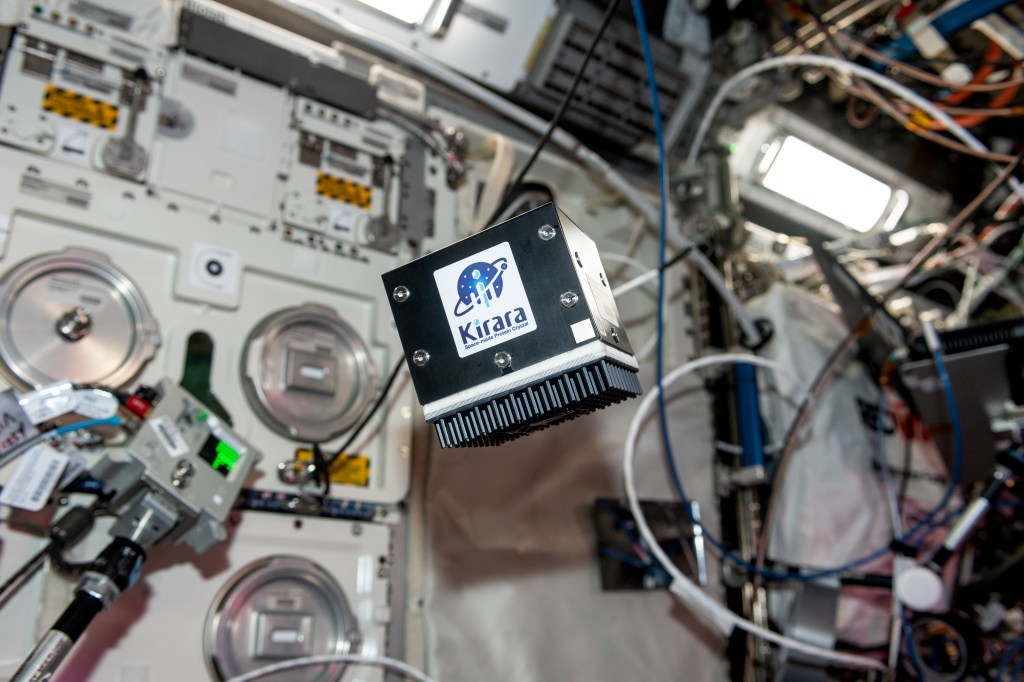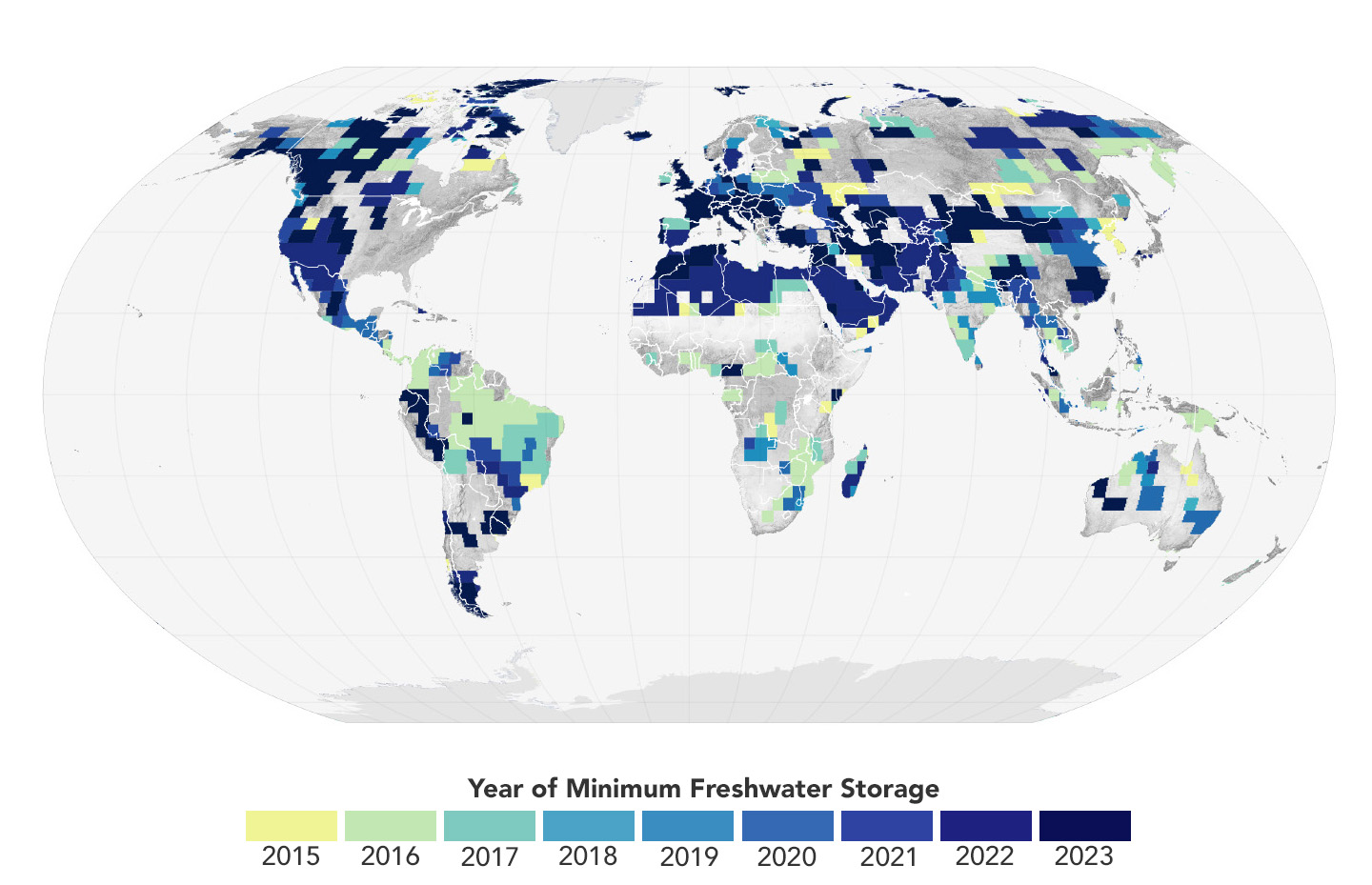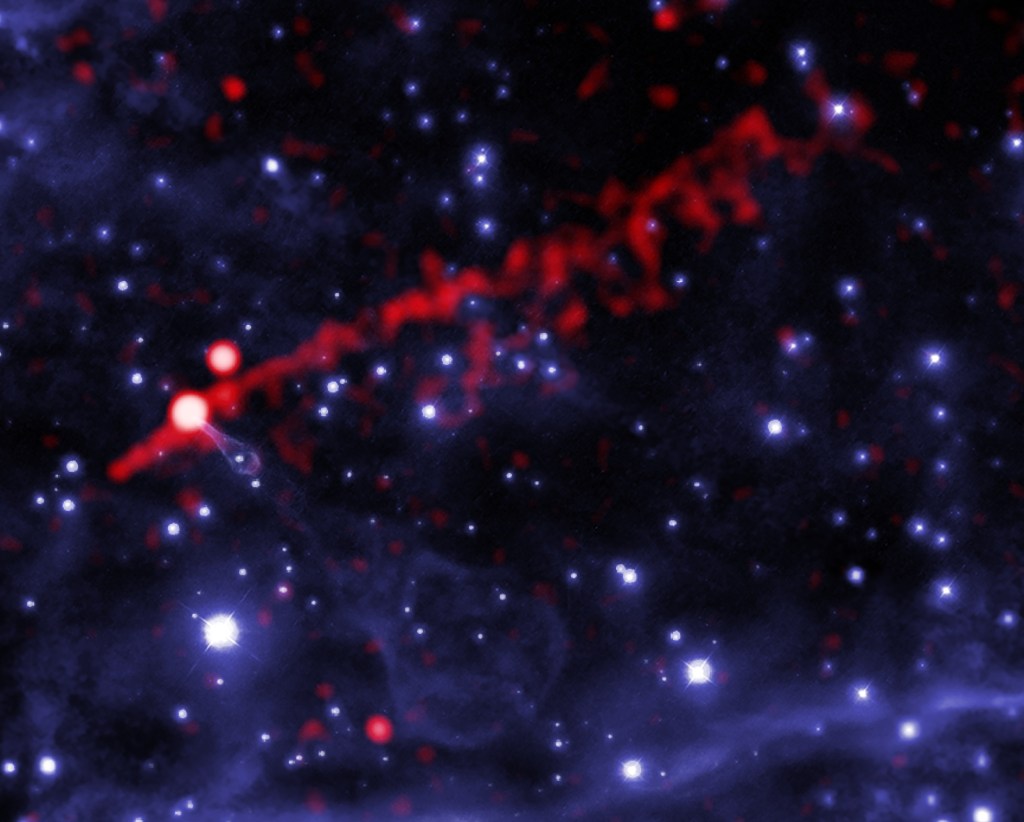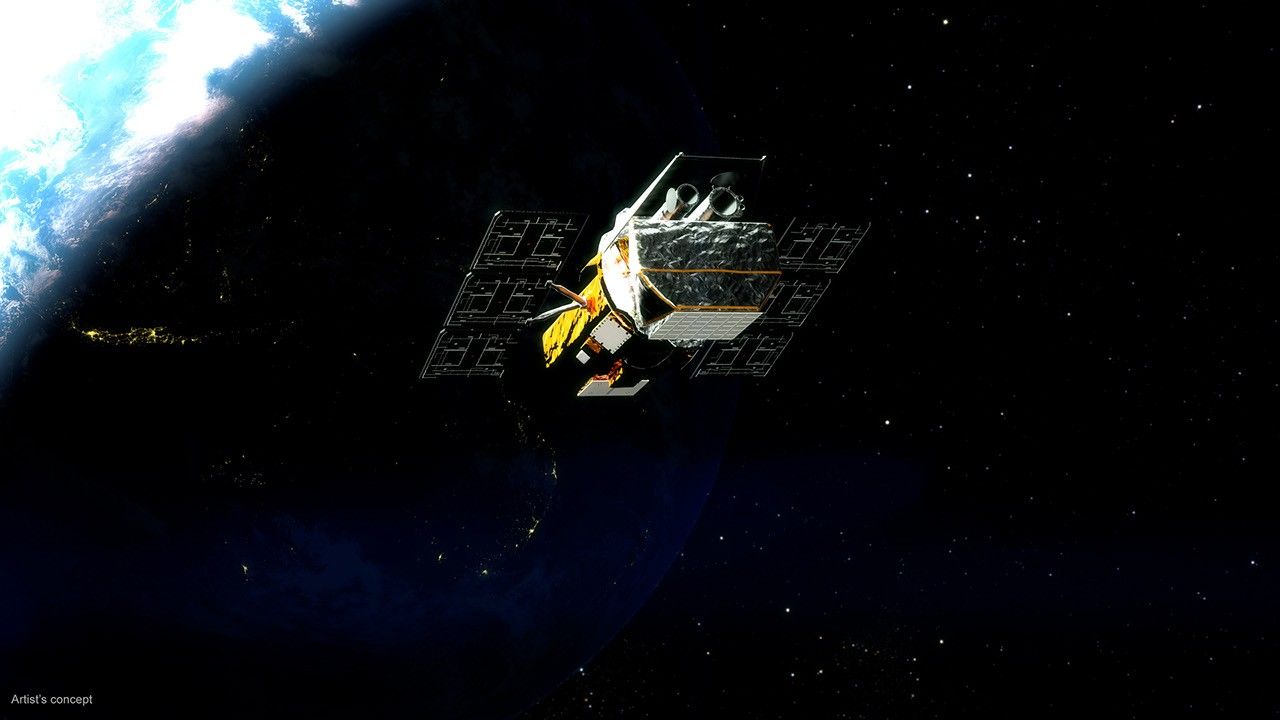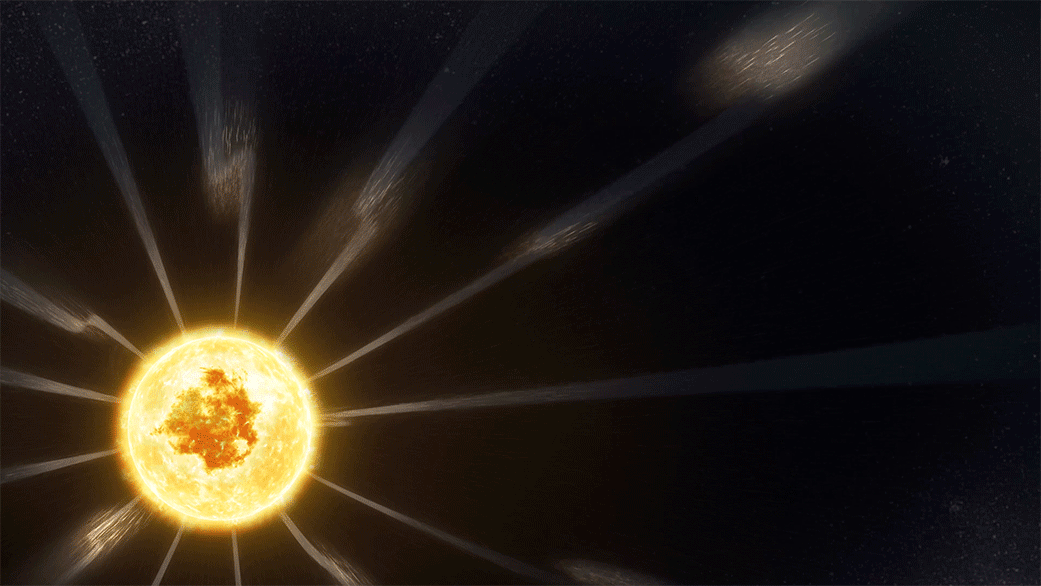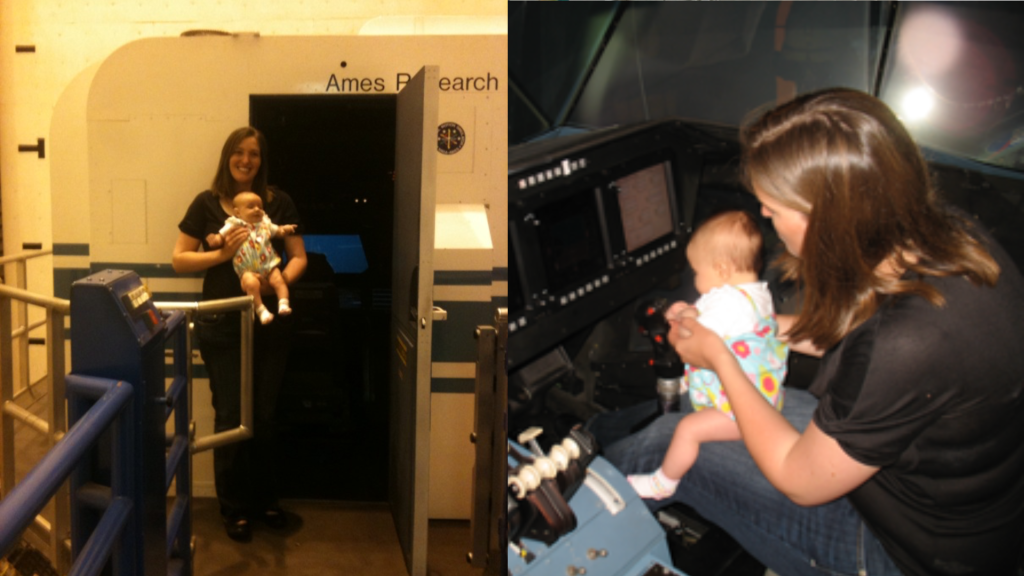
Several of the dwarf galaxies in the Hickson Compact Group 31 are slowly merging. Will the result of these galactic collisions be one big elliptical galaxy? Most assuredly.
The pictured galaxies of Hickson Compact Group 31 will pass through and destroy each other, millions of stars will form and explode, and thousands of nebula will form and dissipate before the dust settles and the final galaxy emerges about one billion years from now. The above image is a composite of images taken in infrared light by the Spitzer Space Telescope, ultraviolet light by the GALEX space telescope, and visible light by the Hubble Space Telescope. Hickson Compact Group 31 spans about 150,000 light years and lies about 150 million light years away toward the constellation of Eridanus.Image Credit: NASA, ESA, J. English (U. Manitoba), and the Hubble Heritage Team (STScI/AURA); Acknowledgement: S. Gallagher (U. Western Ontario)





